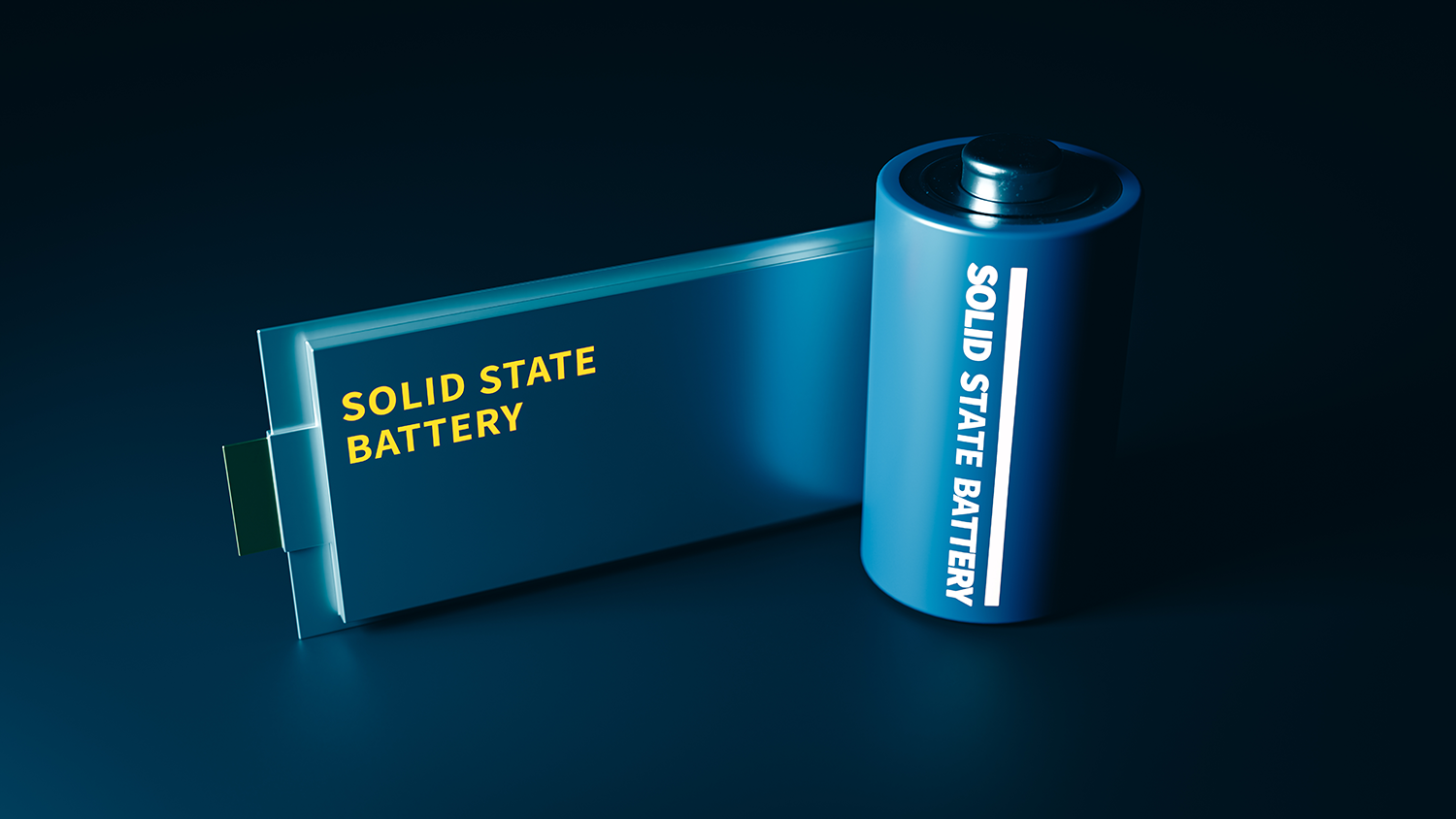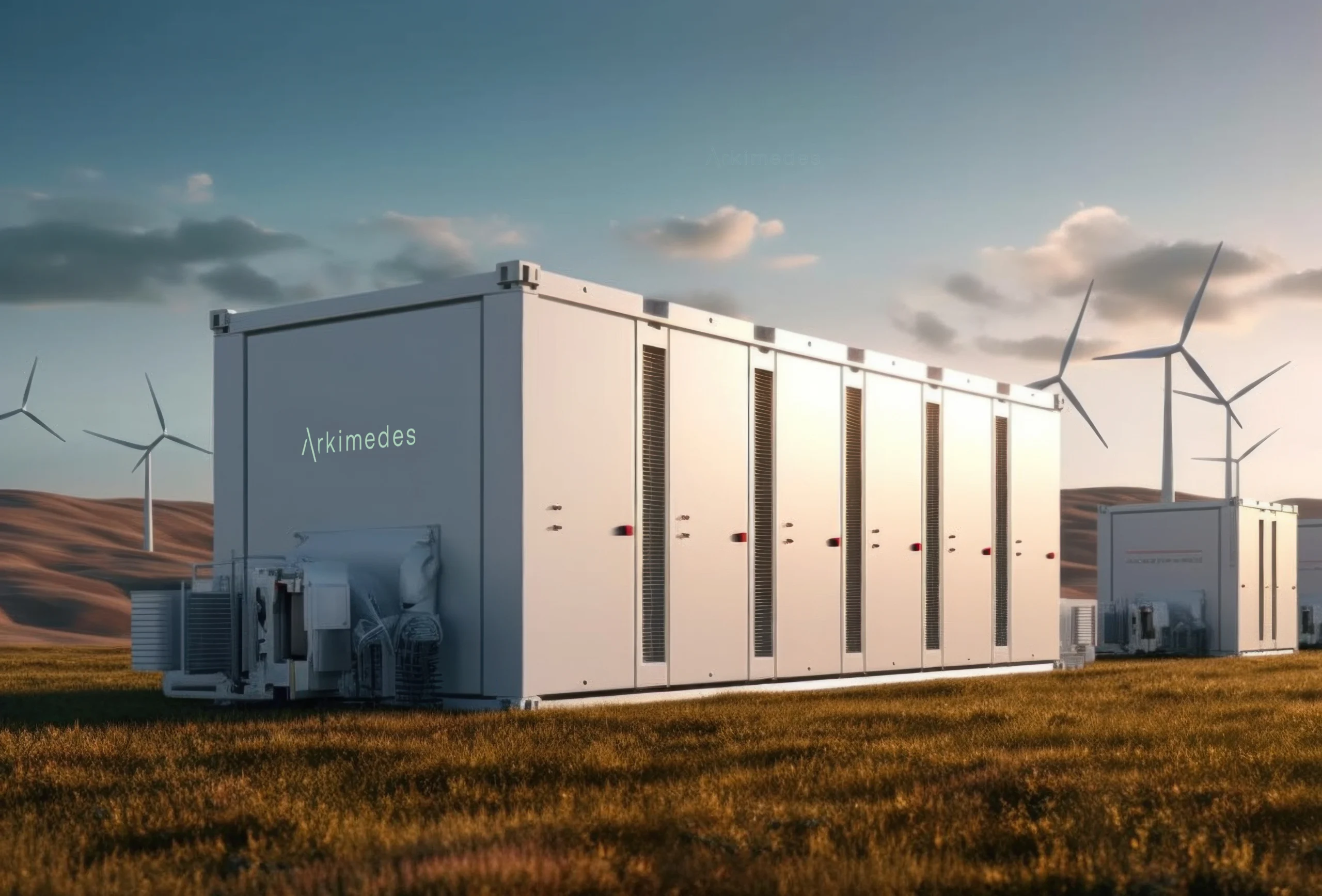Our goal is to develop a BMS that significantly increases measurement accuracy and battery lifetime, setting new standards in the industry.
Research & Development
Innovating for a Sustainable Energy Future
Arkimedes is at the forefront of
battery technology innovation.
Our R&D efforts focus on improving current LFP-batteries and developing next-generation energy storage solutions. Our key research areas - Battery Management Systems (BMS), Solid State Batteries (SSB), and Sodium-ion Batteries (SIB) - are driven by our commitment to safety, sustainability, and cost-effectiveness.
BMS (Battery Management System)
BMS monitors and manages batteries in real-time, fully guaranteeing the safety of the battery system.
Intelligent temperature control and automatic balance management effectively improve battery efficiency and lifetime.
The BMS research focuses on the development of the Battery Management System (BMS) architecture, based on the foxBMS two open-source research and development projects for the BMS platform.
We strive to develop a BMS that monitors the safety-critical parameters of each cell within the system, resulting in higher measurement accuracy and increased battery lifetime.
Solid State Battery
Arkimedes is pioneering treatments that enhance ion mobility without the need for high-pressure applications, paving the way for safer, more efficient, and longer-lasting batteries.
The current Li-ion batteries contain a flammable organic liquid making them vulnerable to thermal runaway and fires. This liquid effectively facilitates the movements of lithium ions from one side to the other side of the battery which is necessary to operate the battery.
However, replacing this flammable liquid with a non-flammable solid phase is possible. The downside of this is a significant reduction of the mobility of the ions, making it impossible to (dis)charge the battery at a decent rate. The mobility can be increased by applying certain treatments, like applying high pressure on the battery cells.
This also has downsides: it is difficult to apply and to maintain the high pressures on decent cell sizes, as it substantially increases the chance of material failures like crack formations, resulting in low lifetimes of these batteries.
The solid state research of Arkimedes focuses on finding alternative treatments to enhance the mobility of the ions without making compensations in performance related characteristics and costs. The processibility is as equally important as the battery should be produced at a large scale in the end.

Sodium Ion Battery
We aim to create Sodium-ion Batteries that are not only sustainable but also long-lasting and safe, opening new possibilities in energy storage.
Lithium can only be found at a few places worldwide, making the Li-ion industry vulnerable to geopolitics. Sodium is an element that is chemically very similar to lithium and very well distributed all over the world. It can be found in seas and salt mines. In general, sodium can easily substitute lithium in batteries due to its chemical similarity.
The substitution has a few disadvantages, like a lower energy density, but its advantages make it appealing for multiple applications in which energy density is less critical, like stationary storage.
The Sodium-ion research of Arkimedes focuses on finding more sustainable materials, longer battery life, safer batteries and easier process conditions. The main area of interest is organic based active materials as these could be fully sustainable and tend to have high reversibility that results in long cycle life, but also multilayered oxide materials are being investigated as potential electrode materials.
The usage of different cell designs is possible due to the different chemistry, which enhances the overall energy density.






